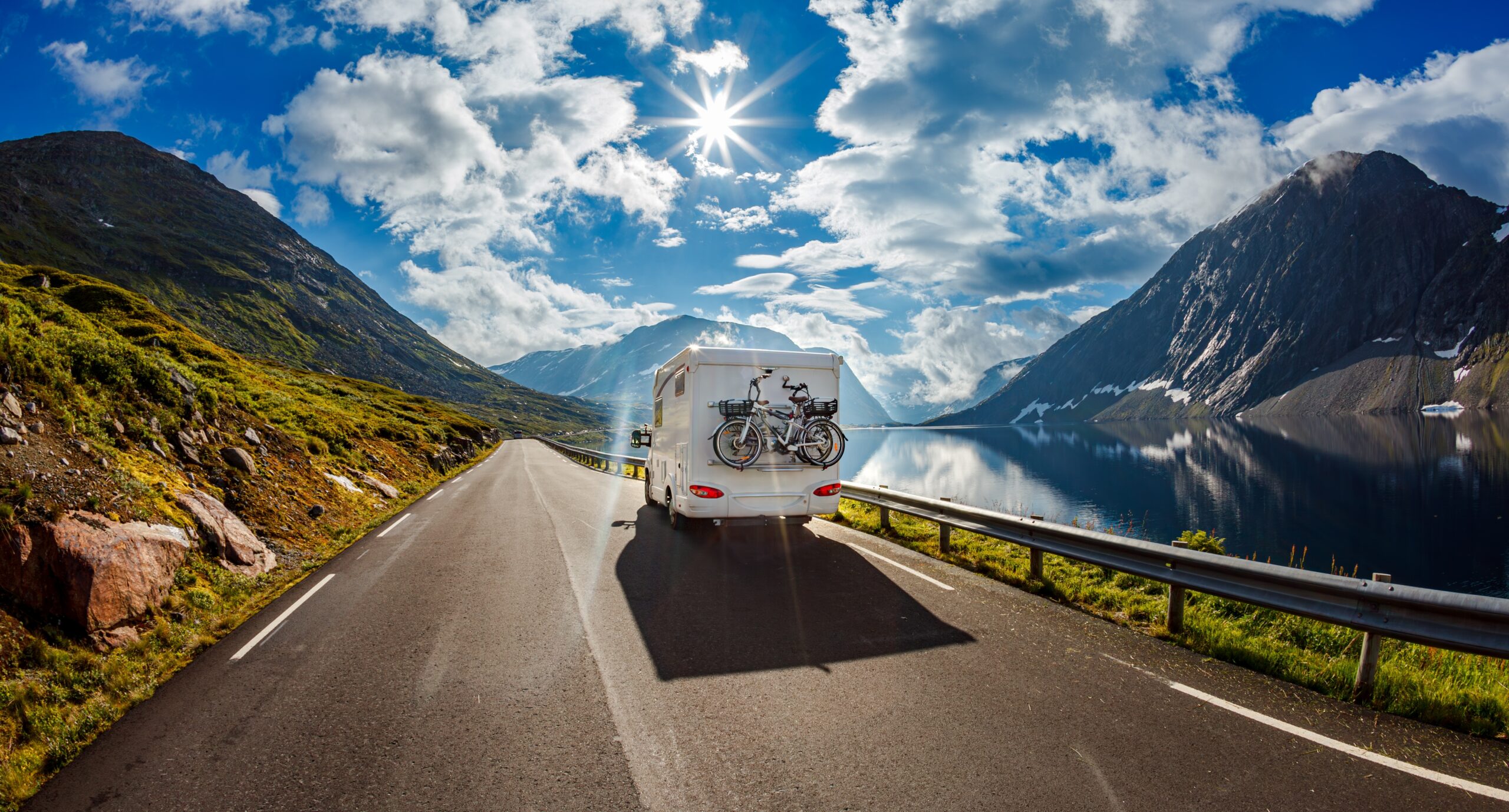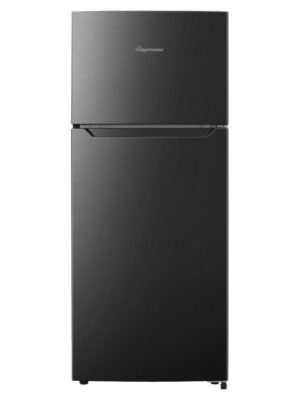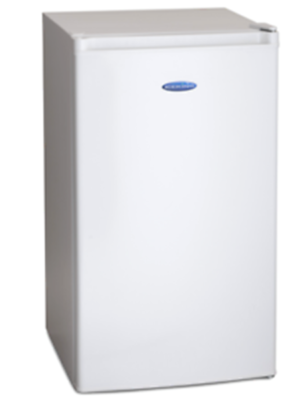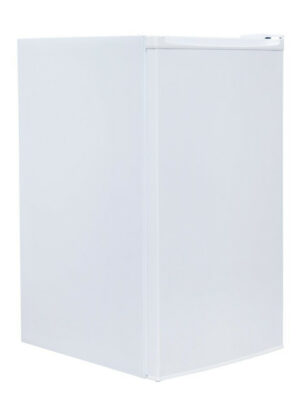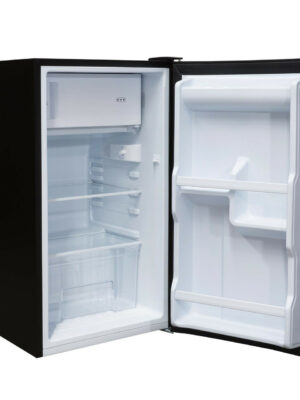Do standard car licences cover motorhome driving? Let’s take a look!
What Vehicles Can You Drive with a Standard Car Licence?
With a standard car licence (Category B) in the UK, you are allowed to drive a car or a light van weighing up to 3,500 kg and carry up to 8 passengers in addition to the driver. You can tow a small trailer weighing up to 750 kg, or a larger trailer as long as the combined weight of the vehicle and trailer does not exceed 3,500 kg.
You can also drive motor tricycles if you are over 21, and quad bikes that meet road legal requirements. Additionally, if you passed your car test before 1 February 2001, you can drive mopeds up to 50 cc without extra certification. To drive motorcycles up to 125 cc, you will need to complete Compulsory Basic Training (CBT) unless you have a full motorcycle licence.
Electric bicycles and certain agricultural vehicles, like tractors, are also permitted with a standard car licence, provided the vehicles meet the required regulations for road use.
Here’s a basic guide to UK vehicle categories:
- A: Motorbikes
- AM: 2-wheeled motor vehicles of 15.5-28mph
- B: Cars
- C: Large lorries
- D: Buses
- E: Trailers
- F: Tractor
- G: Road roller
- H: Tracked vehicle
- K: Pedestrian vehicle
- P: 2-wheeled vehicles of 28 – 31mph
- Q: 2-wheeled vehicle up to 15.5mph
Trailers, of course, cannot be driven alone, but a B+E licence, for example, would mean a car with a trailer, or a C+E would be a large lorry with a trailer.
Motorhome Categories
In the UK, motorhomes are categorised primarily by their weight and design:
- Class A: Full-sized, bus-chassis motorhomes, often needing a Category C licence.
- Class B: Compact, van-chassis motorhomes, easy to manoeuvre and drive.
- Class C: Larger van-chassis motorhomes, more spacious than Class B.
- Panel Van Conversions: Affordable, standard vans converted into practical motorhomes.
Class A motorhomes are full-sized, built on a truck or bus chassis, offering ample living space and amenities. They are the largest category and often require a Category C driving licence if they exceed 3,500 kg.
Class B motorhomes are compact, built on a van chassis and easier to manoeuvre. They typically fall within the standard driving licence weight limit. They offer a balance between comfort and drivability.
Class C motorhomes include those built on a larger van chassis with an extended living area. They offer more space than Class B but are generally smaller than Class A.
Panel Van Conversions are standard vans converted into motorhomes. They are often more affordable and offer a good compromise between size and practicality.
Each category varies in size, amenities, and suitability for different needs.
Can I Drive a Motorhome With a Car Licence?
In the UK, you can drive a motorhome with a standard car licence (Category B) if it meets specific criteria. For vehicles up to 3,500 kg in maximum authorised mass (MAM), you can drive them with a Category B licence. This includes many Class B and Class C motorhomes. However, if the motorhome exceeds 3,500 kg MAM, you will need a Category C1 licence, which requires additional testing.
Class A motorhomes, which are typically larger and heavier, often exceed the 3,500 kg limit and thus require a Category C1 or C licence. Panel van conversions that stay under the 3,500 kg threshold can be driven with a standard car licence. Always check the MAM of the motorhome and ensure your licence covers the vehicle’s weight to comply with UK regulations.
Travelling in the UK with your Motorhome
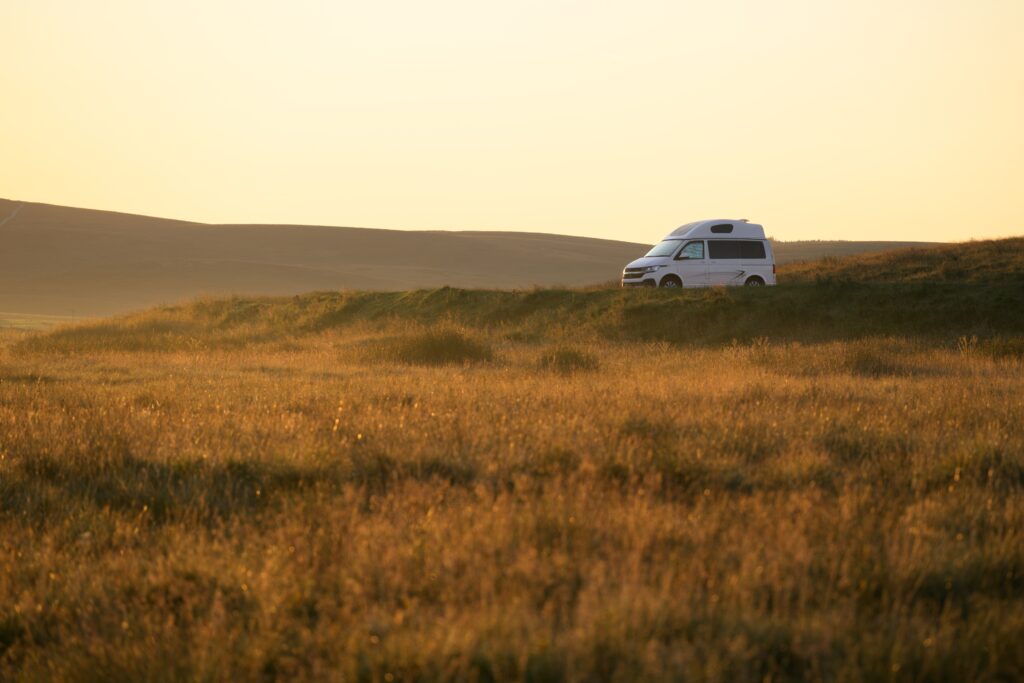
Travelling around the UK in a motorhome offers a flexible and adventurous way to explore diverse landscapes, from rolling countryside to bustling cities. Motorhomes provide the freedom to travel at your own pace, with the convenience of having your accommodation with you. This flexibility allows you to visit remote locations and enjoy the spontaneity of travel.
Owning a motorhome can be worth it if you enjoy frequent road trips or extended travel. It provides comfort and amenities like a kitchen and bathroom, which can enhance the travel experience. However, motorhomes require maintenance, storage, and an initial investment that can be significant, so if you’re on the fence, you’ll need to weigh up the pros and cons to decide if it’s worth investing in a motorhome yourself.
As well as the initial investment and fuel expenses, you’ll need to insure your motorhome. On average, motorhome insurance in the UK can range from £300 to £1,000 per year, depending on factors like the vehicle’s value, size, and your driving history. Insuring your motorhome is crucial to protect against accidents, theft, or damage, and to comply with legal requirements, so always ensure you have adequate coverage.
When travelling or living permanently in a motorhome, be mindful of parking restrictions. Many urban areas have limited parking options for motorhomes, and some places may prohibit overnight parking. Always check local regulations and use designated motorhome parking areas or campsites.
Waste disposal is another important consideration for your life in a motorhome. Ensure you use proper disposal facilities for both black water (toilet waste) and grey water (sink and shower waste). Many campsites and motorhome service areas provide these facilities, but always plan your route to include stops where you can dispose of waste properly.
Having a motorhome in the UK can be a greatly rewarding experience.
Travelling in the EU with your Motorhome
Travelling around EU countries in a motorhome offers a remarkable way to explore diverse destinations with flexibility and convenience. You can set your own pace and immerse yourself in various landscapes, from charming villages to major cities. With your accommodation and often your meals onboard, you save on hotel costs and dining expenses, while enjoying scenic routes.
However, there are important considerations to keep in mind. Each EU country has its own regulations concerning motorhome use, such as road tolls, parking restrictions, and waste disposal rules, so it’s crucial to familiarise yourself with these before embarking on your journey. Comprehensive insurance that covers travel across multiple countries is essential, and European Breakdown Cover is advisable for added security.
Additionally, planning and booking campsites in advance is important, especially in popular tourist areas, as wild camping can be restricted.
It’s also important to remember that British citizens are not permitted to stay in EU countries for more than 90 days within a 180-day period without residency permits, so make sure you plan your travel accordingly. Proper preparation ensures a smooth and enjoyable motorhome adventure across Europe.
There are restrictions on bringing certain food items from the UK to France so be aware when starting your journey from the UK into Europe. Generally, you can bring non-perishable items like sealed packaged foods, but there are restrictions on fresh produce, meats, and dairy products due to EU regulations on animal and plant health.
Make Sure You’ve Got Your Motorhome Essentials
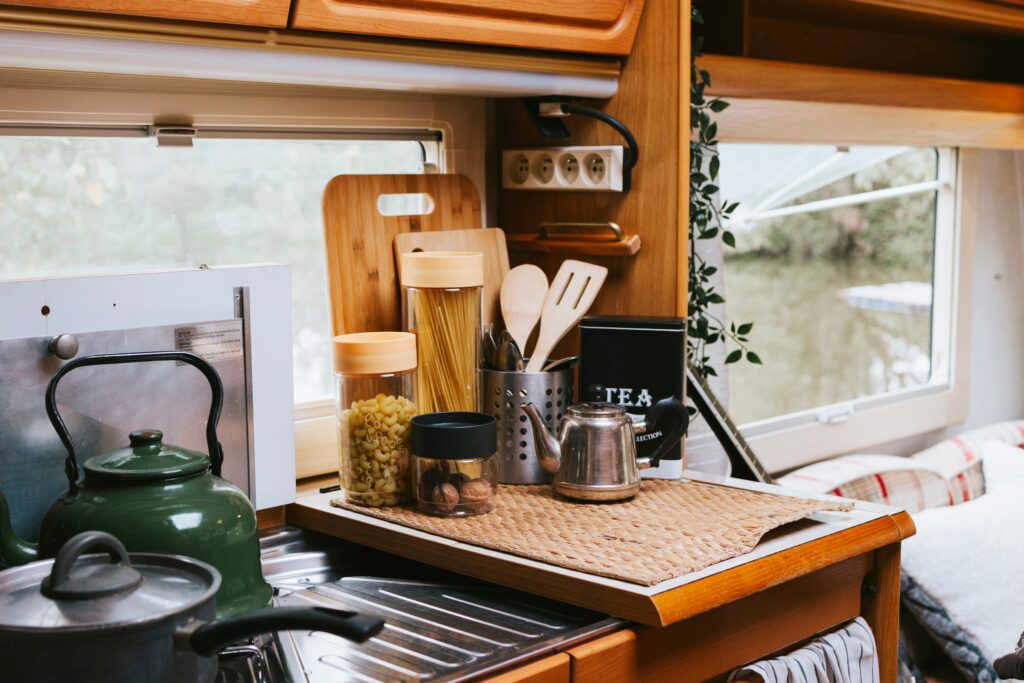
When travelling or living in a motorhome, equipping it with the right essentials is key to a smooth experience.
Some of your essentials include:
- Electrical appliances
- Cooking equipment
- Water and sanitation
- Safety and navigation
A 12V fridge is vital for keeping your food fresh while on the go. These fridges typically use around 40-60 amp hours per day, so they can run for just over 1 to 2 days on a standard car battery, which generally has about 100 amp hours. To extend your time off-grid, consider additional power sources like solar panels or a generator.
As well as storing your food, you’ll also need to be able to cook it. A gas stove or portable camping stove is essential for preparing meals if you don’t have an inverter or a microwave. Don’t forget basic kitchen tools like pots, pans, and utensils.
A reliable water supply system and portable toilet or onboard restroom are crucial for convenience, while a GPS system, first aid kit, fire extinguisher, and emergency tools are important for safety and navigation.
These essentials will help ensure that your motorhome is well-equipped for a comfortable and functional journey or stay.
While not essential, several items can enhance your comfort while staying in a motorhome:
- Air Conditioner
- Satellite TV
- Outdoor Furniture
- Coffee Machine
- Convection Oven
- Solar Panels
- Wi-Fi Booster
Inlander Low Voltage
Inlander Low Voltage; here for your motorhome needs.

